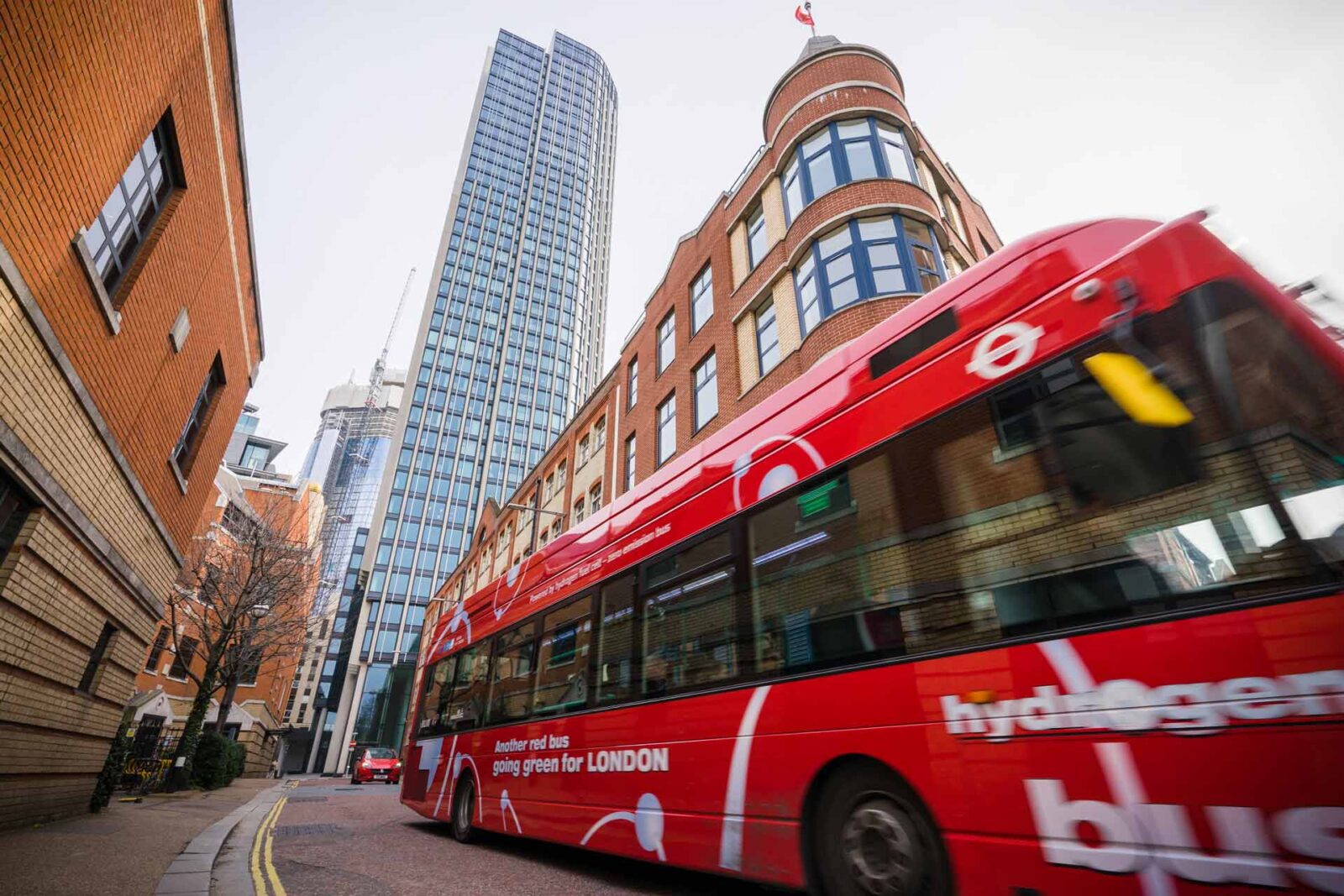Thought leadership
What does the CAA's new environmental information framework mean for airlines?
10 February 2026
/Passle/5d9604688cb6230bac62c2d0/SearchServiceImages/2026-02-09-18-17-16-399-698a24ace015f11a9d6cedc7.jpg)
This website will offer limited functionality in this browser. We only support the recent versions of major browsers like Chrome, Firefox, Safari, and Edge.



The Bus Services (No.2) Bill [HOL], also known as the “Better Buses Bill” has been making its way through Parliament since it was introduced to the House of Lords on 17 December 2024. Sponsored by the Department for Transport (DfT), the Bill represents a significant overhaul of how our bus services operate.
The draft Bill is designed to empower local authorities to choose the bus operating model that works for their area, and provides the necessary powers to underpin those models. It covers a wide range of topics including the streamlining of the franchising process, the provision of further powers for local transport authorities (LTAs), improved accessibility and safety, training for bus drivers and acceleration of zero emission bus roll out.
Below, we outline the current status of the Bill, the context in which it has arisen some of the key outcomes that it hopes to achieve.
The Better Buses Bill is currently at the Committee stage of the House of Lords, having had its second reading on 8 January. It still has the Report stage and a third reading to complete in the House of Lords before it will be passed on to the House of Commons for a similar process of scrutiny.
With the exception of London, bus services in Great Britain have been deregulated and privatised since the mid 1980s. This has naturally resulted in discrepancies between the various services across the country and led to what the government has described as a ‘postcode lottery of buses’.
Mayoral combined authorities have already been able to bring buses back under local authority control since 2017 using franchising agreements, with Greater Manchester being the first to do so with its Bee Network of buses. The Manchester scheme has seen a 5% increase in total journeys compared to the previous year, but the transition to bus franchising took Greater Manchester six years to achieve. A key goal of the Better Buses Bill is to streamline the franchising process so that authorities (a number of whom declared their interest following the perceived success in Greater Manchester) can follow suit more easily if they choose to do so for their areas.
In an effort to better connect communities and improve bus service reliability, the government also allocated £955 million last November to support bus services until 2026. This includes a particular focus on ‘historically underserved’ areas such as rural locations and small towns. On top of this, the government also introduced a £3 national bus fare cap which it claimed will save passengers up to 80% on some routes.
According to the Transport Secretary, Heidi Alexander, the Bill ‘marks the next step on our journey to overhaul how bus services operate’ as ‘it is high time we recognise that local leaders need to be able to make decisions about their buses’.
Franchising
Local Authority Owned Bus Companies (LABCOs)
Enhanced Partnerships
Powers for LTAs
Protecting socially necessary local services
Zero emission buses (ZEBs)
Information about local services (bus registration)
Safety and Accessibility
Measures promoting safety and accessibility for passengers and staff include:
Staff training
The Better Buses Bill has been well-received among industry experts, regional mayors and Women’s charity groups, however others have cautioned against seeing this as a final step towards overhauling bus services. Crucially, a point made forcefully already during Committee stage is that the making available of powers alone is unlikely to be effective or grow bus patronage without the necessary funding that would be also be required.
For further information or advice related to the potential impact of the Bill, please contact Chris Simms, Brian Wong, Chris Lewis, Charlotte Robinson or your usual Burges Salmon contact.
Want more Burges Salmon content? Add us as a preferred source on Google to your favourites list for content and news you can trust.
Update your preferred sourcesBe sure to follow us on LinkedIn and stay up to date with all the latest from Burges Salmon.
Follow us